Dépistage individuel ou dépistage organisé ?
Le pronostic d’Antoine Khalil, président de la Société d’imagerie thoracique (SIT) et chef du service d’imagerie de l’hôpital Bichat – AP-HP, penche plutôt vers un dépistage organisé. « Son intérêt est le suivi et l’expertise, explique-t-il. Comme on sait que le tabagisme est un facteur important, il faut inclure cela dans la prise en charge des patients. Dans le dépistage organisé, il n’y a pas que les nodules pulmonaires. On va aussi regarder les coronaires et l’emphysème sur le même examen. » Si on se fie à l’existant, à savoir le dépistage du cancer du sein, le recours à un dépistage individuel serait également possible. Ce serait donc fromage et dessert.
À quelle fréquence ?
L’étude NLST [1] s’est appuyée sur une fréquence annuelle, l’étude Nelson sur un dépistage tous les un à deux ans. Une étude italienne présentée lors du Congrès européen de radiologie, le 1er mars 2019, propose un dépistage tous les trois ans. « Il permettrait de réduire en toute sécurité la fréquence des scanners pour les nodules < 113 mm3 (environ 80 % dans notre population) », concluent ses auteurs.
Pour quelle population ?
Chaque étude a ses particularités en la matière. Pour Philippe Grenier, radiologue spécialisé en imagerie thoracique à l’hôpital de la Pitié-Salpêtrière – AP-HP, il convient de s’appuyer sur des modélisations faites en Grande-Bretagne et en Amérique du Nord [2] : « Elles montrent que, parmi tous les scénarios possibles, le plus rentable est de cibler la population de fumeurs âgés de 55 à 75 ans qui ont fumé au moins 40 paquets-années ou qui ont arrêté de fumer depuis moins de 10 ans », indique-t-il.
Quels critères de positivité ?
Aux Journées francophones de radiologie 2018, Gilbert Ferretti, radiologue à Grenoble, a défendu la force de l’étude NELSON en la matière. Dans cet essai, « la définition d’un positif intègre la volumétrie 3D et le temps de doublement du nodule », se réjouit-il. Le scanner est considéré comme négatif si le nodule fait moins de 50 mm3. S’il dépasse 500 mm3, le scanner est considéré comme positif, et une réunion de concertation pluridisciplinaire est organisée. Entre les deux, la situation reste indéterminée. Dans ce cas, il est proposé au patient de revenir trois mois plus tard pour une nouvelle mesure du nodule. La volumétrie 3D permet de calculer le temps de doublement du nodule. S’il est inférieur à 400 jours, le patient est considéré comme positif. S’il est supérieur à 400 jours, le patient est invité à revenir l’année suivante. Avec ces paramètres, le taux de tests positifs atteint 2,3 % dans l’étude NELSON, contre 24 % avec NLST.
Par quels radiologues ?
Pour le président de la SIT, il n’y a pas aujourd’hui suffisamment de radiologues thoraciques. « Avec la SIT, nous allons donc commencer à former les radiologues de sorte qu’ils aient la capacité à réaliser le dépistage du cancer du poumon, comme Forcomed pour la mammographie, explique-t-il. Les premières formations débuteront en septembre – octobre 2019. Nous voulons former des radiologues, aussi bien privés que publics, pour qu’ils puissent faire un scanner de bonne qualité et l’interpréter de façon adéquate. »
Avec quel financement ?
Une étude de 2017 [3] estime qu’un dépistage basé sur le modèle « NLST » coûterait entre 105 et 215 millions d’euros par an en France. Un groupe multidisciplinaire de 30 experts réuni les 7 et 8 novembre 2018 à Lyon (69) a repris les conclusions de ce travail : d’après lui, le dépistage pourrait être financé par « une élévation de 0,05 à 0,10 € du prix du paquet de cigarettes ».
Comment optimiser la participation ?
Pour Antoine Khalil, le fait que le cancer du poumon fasse intervenir d’autres facteurs que l’âge, tels que le niveau d’intoxication tabagique, rend la communication plus difficile auprès du public. Toutefois, elle peut s’appuyer sur des éléments convaincants : « En disant aux gens que si on trouve un cancer précoce, la survie à 5 ans est de 100 %, alors que si on trouve un cancer tardif, la survie à 5 ans est de 0 %, ils comprendront l’intérêt du dispositif. » Gilbert Ferretti va dans le même sens et estime qu’aller chercher un cancer à un stade plus précoce permet d’améliorer le pronostic des patients. Enfin, certains évoquent l’idée de faire venir des scanners mobiles sur des parkings de supermarchés, comme en Angleterre.
Comment le dépistage s’intègre-t-il dans la prise en charge globale du patient ?
Le scanner de dépistage du cancer du poumon s’intégrerait dans une stratégie plus globale de santé publique. Une étude anglaise suggère que passer cet examen encouragerait les patients à arrêter le tabac [4]. Le dépistage serait donc aussi un outil de lutte contre le tabagisme !
Qui va décider ?
En premier, la Haute Autorité de santé (HAS) doit, à l’issue de son évaluation scientifique, se positionner et émettre des recommandations. La décision de mettre en place un dépistage reviendra au ministère de la Santé et à l’Assurance maladie.
Qui va organiser ?
L’organisation du dépistage pourrait revenir à l’Institut national du cancer, comme pour le sein. Cependant, elle pourrait également passer par les agences régionales de santé (ARS), qui accréditeraient des programmes de dépistage. « Ce pourrait être une piste intéressante, surtout dans une phase de déploiement expérimental, note Catherine Rumeau-Pichon, directrice adjointe de l’évaluation médicale, économique et en santé publique au sein de la HAS. C’est quelque chose que l’on fait sans doute trop peu en France : des études pilotes à grande échelle qui permettent de travailler sur la dimension de déploiement d’un dispositif et la capacité du système de santé à assumer ce dépistage. » Philippe Grenier reprend cette idée : « Il faut laisser les centres universitaires, les centres hospitaliers ou même des grosses cliniques privées proposer des programmes de dépistage. Il suffit que les ARS les accréditent. »


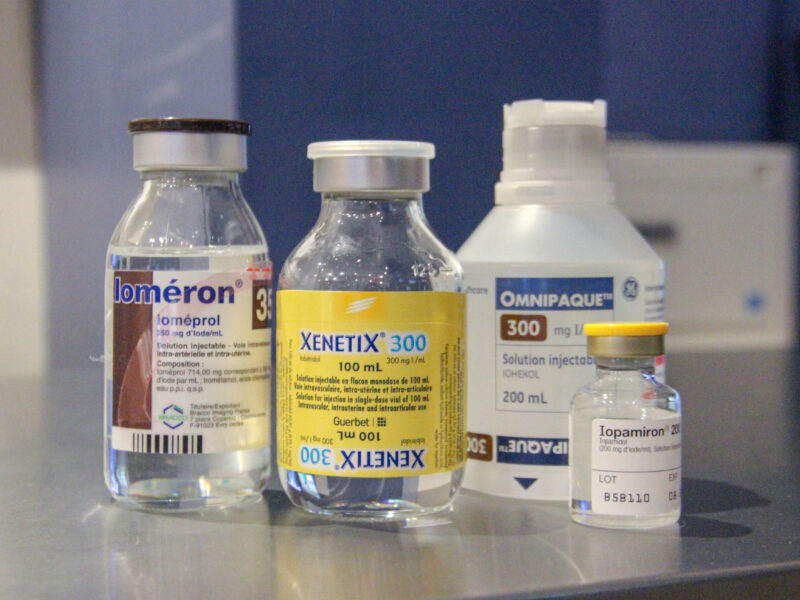
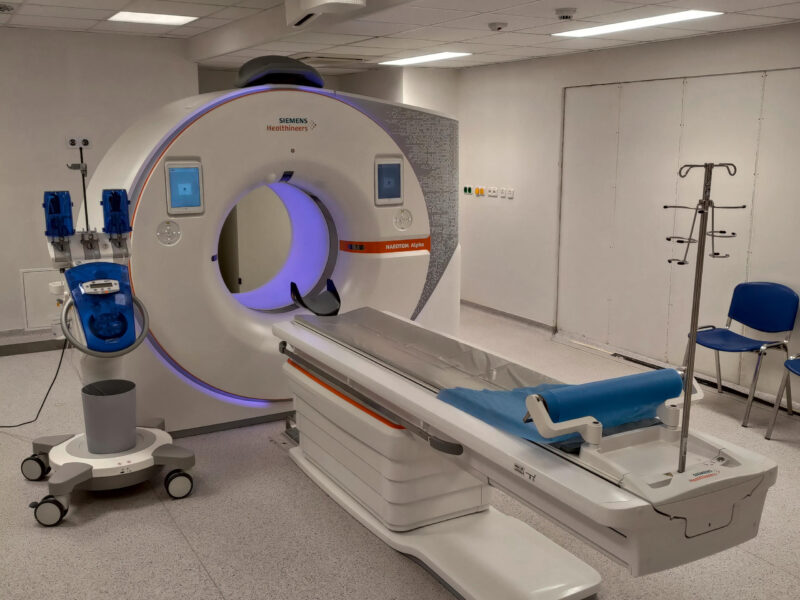

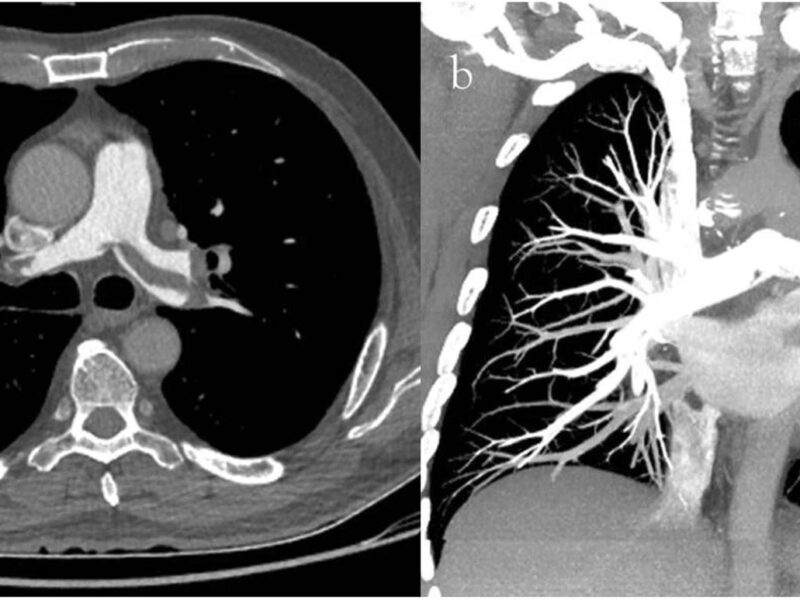
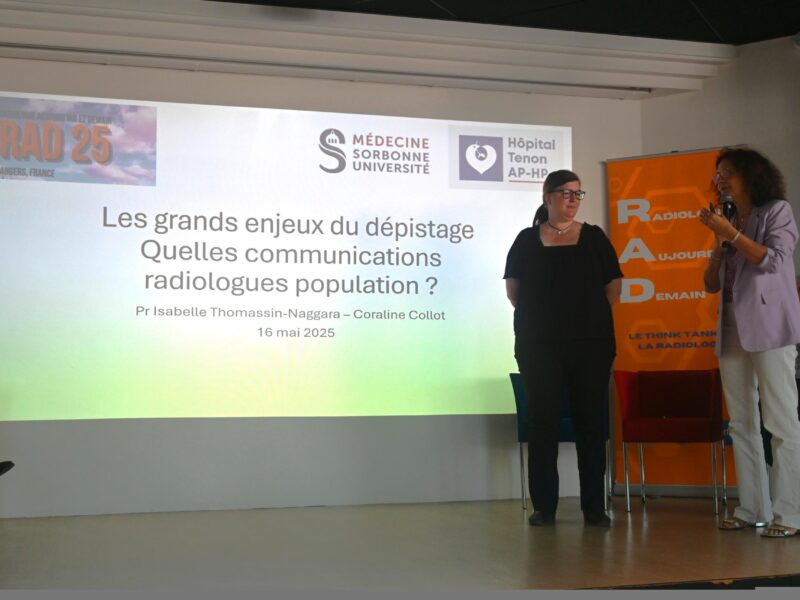
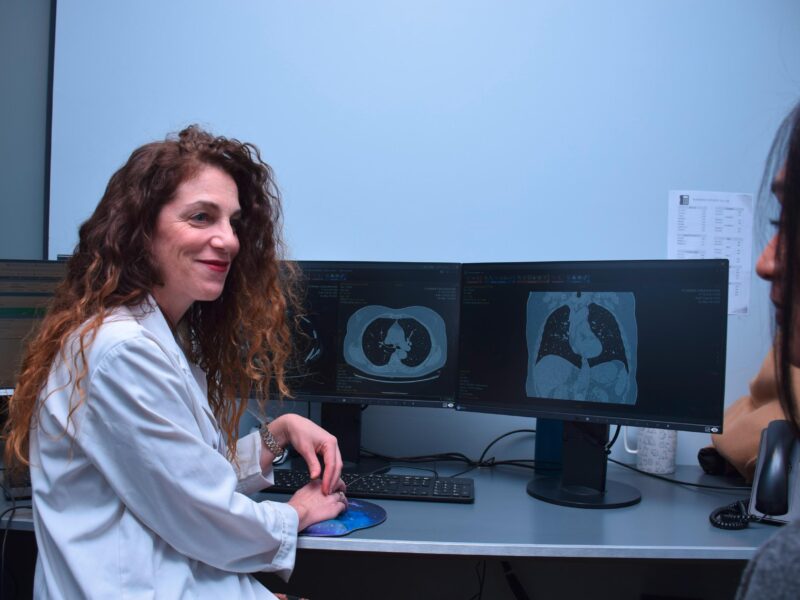







Discussion
Aucun commentaire
Commenter cet article